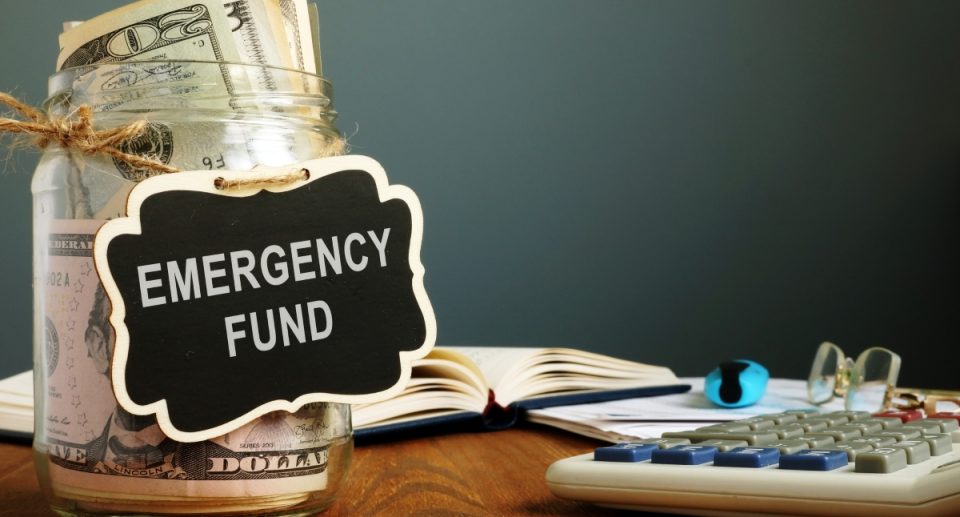
Life’s unpredictability means that having a solid plan can provide peace of mind and ensure safety in unexpected situations. For seniors, this preparation can make a significant difference in how well they navigate emergencies, whether they’re natural disasters, sudden health issues, or other urgent scenarios. Here’s a comprehensive guide to essential emergency planning tailored specifically for seniors.
1. Create a Personal Emergency Plan
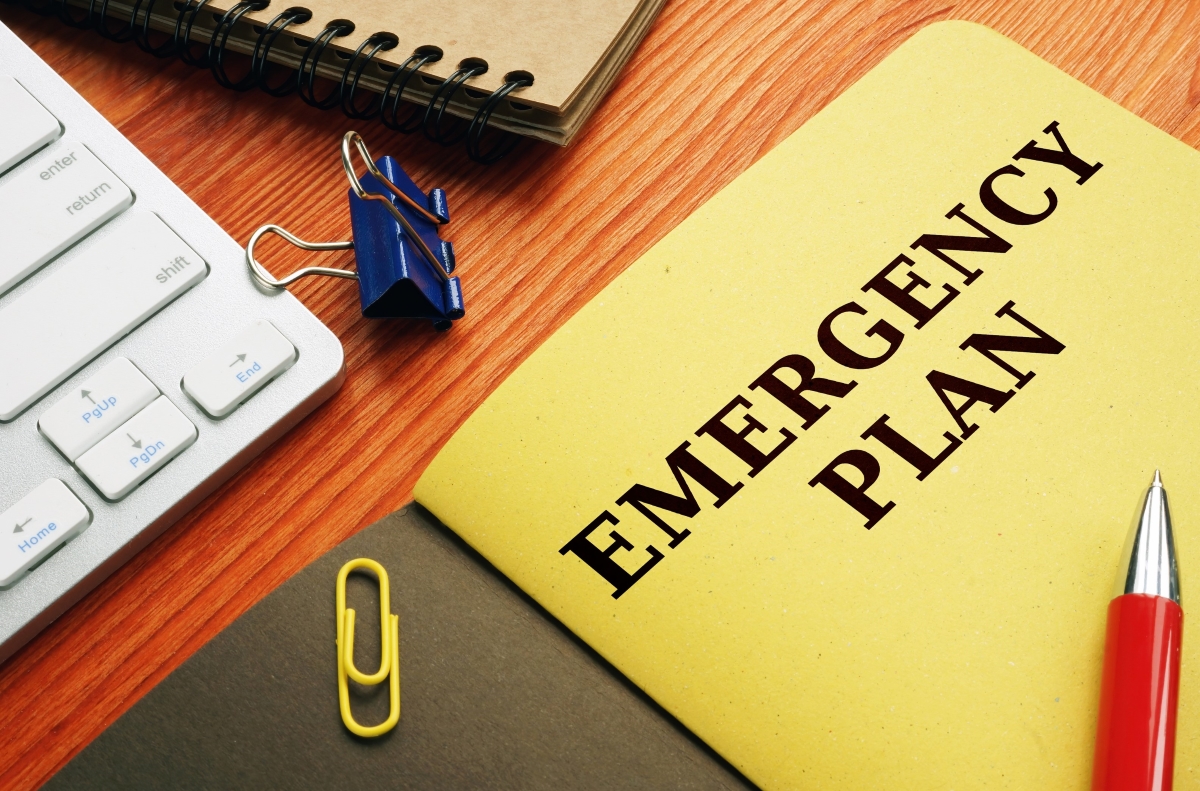
The foundation of any emergency preparedness strategy is a well-thought-out personal emergency plan. This plan should address various situations, from medical emergencies to natural disasters. Start by considering the following elements:
- Contact Information: List important contacts, including family members, neighbors, doctors, and emergency services. Keep this list in a readily accessible place and ensure your loved ones have copies.
- Medical Information: Include a list of current medications, medical conditions, allergies, and emergency medical contacts. If possible, use a medical alert system or wear a medical ID bracelet that provides this information to first responders.
- Evacuation Plan: Identify multiple evacuation routes from your home and practice them regularly. Ensure you have a method of transportation, whether it’s a car, public transportation, or assistance from neighbors or family members.
- Emergency Kit: Prepare an emergency kit that includes essentials such as non-perishable food, water, a flashlight, batteries, a first-aid kit, and necessary medical supplies. Consider your specific needs, such as hearing aid batteries or a backup oxygen supply.
2. Prepare Your Home

Making your home as safe and accessible as possible can reduce the risk of injury during an emergency. Here are some steps to consider:
- Safety Modifications: Install grab bars in bathrooms, secure loose rugs, and ensure that pathways are clear of obstacles. These modifications can help prevent falls, a significant risk for seniors.
- Smoke and Carbon Monoxide Detectors: Ensure that smoke and carbon monoxide detectors are installed and working correctly. Test them regularly and change the batteries at least once a year.
- Backup Power Supply: Consider investing in a generator or other backup power sources to keep essential devices running during power outages. Ensure you know how to operate it safely and store enough fuel.
- Communication Plan: Establish a system for staying in touch with family and friends during an emergency. This could include having a cell phone with a backup charger or a landline that remains operational during power outages.
3. Create a Support Network

Building a network of support can be crucial in an emergency. Here’s how you can establish and maintain a helpful support system:
- Community Connections: Know your neighbors and participate in local community groups. Neighbors can be a valuable resource in times of need, and community groups often provide additional support and resources for seniors.
- Emergency Contacts: Designate a trusted friend or family member as your emergency contact. This person should be informed about your emergency plan and be prepared to assist if needed.
- Caregivers and Health Providers: Maintain an open line of communication with your caregivers and health providers. Inform them about your emergency plan and ensure they know how to contact you in an emergency.
4. Stay Informed

Being informed about potential risks and emergency procedures can help you act quickly and effectively. Here’s how you can stay updated:
- Local Alerts: Sign up for local emergency alerts and weather notifications. Many communities offer services that send alerts about severe weather, road closures, and other emergencies.
- Emergency Services: Familiarize yourself with the emergency services available in your area. Know the locations of the nearest hospitals, shelters, and emergency response centers.
- Education and Training: Consider taking courses on first aid and CPR. These skills can be incredibly useful in emergencies and provide confidence in your ability to respond effectively.
5. Prepare for Specific Types of Emergencies
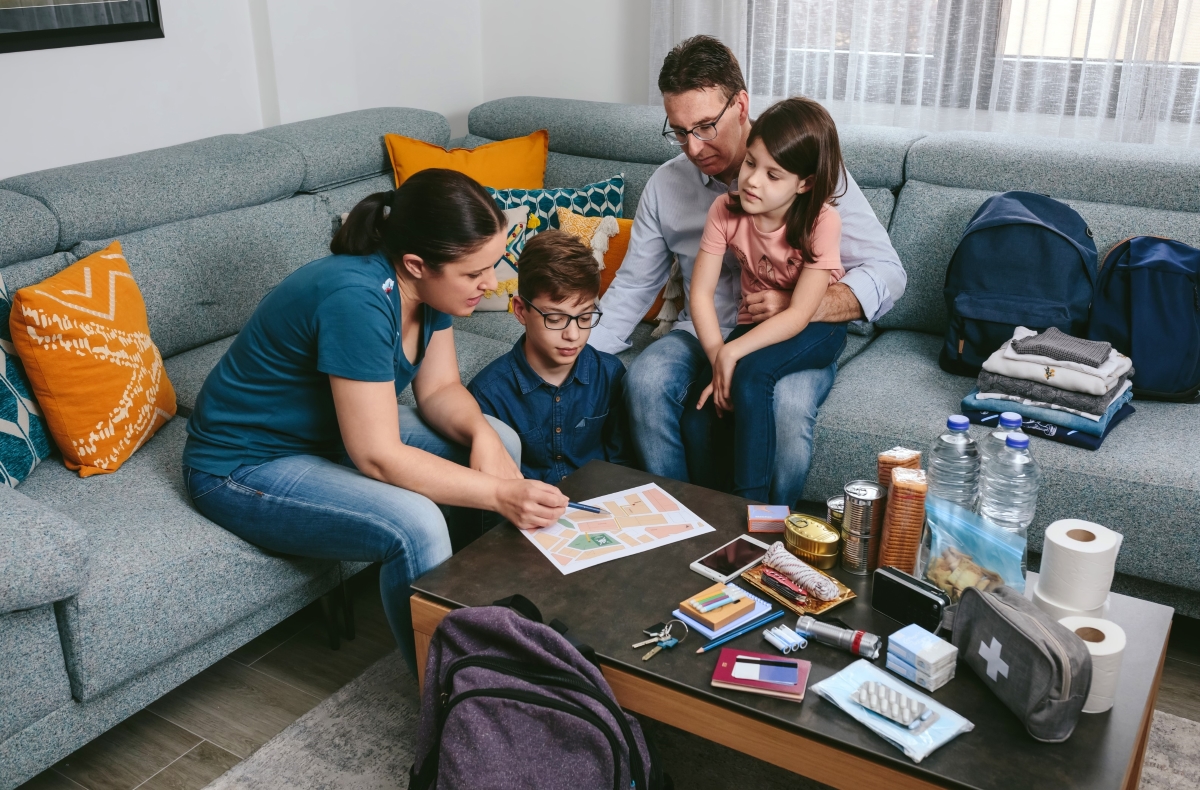
Different emergencies require different types of preparation. Here are some common scenarios and tips for each:
- Medical Emergencies: Keep a list of your primary care physician and specialists and their contact information. Ensure that someone close to you knows how to access your medical records and can assist in coordinating care if necessary.
- Natural Disasters: Depending on your location, you may need to prepare for specific natural disasters like hurricanes, earthquakes, or floods. Research the best practices for your area and incorporate them into your emergency plan.
- Fires: Plan and practice fire drills regularly. Ensure you have a clear escape route and that all family members or caregivers know the plan.
- Power Outages: Prepare for power outages by having flashlights, batteries, and a portable phone charger on hand. Plan for how you will manage any medical devices that require electricity.
6. Review and Update Your Plan Regularly
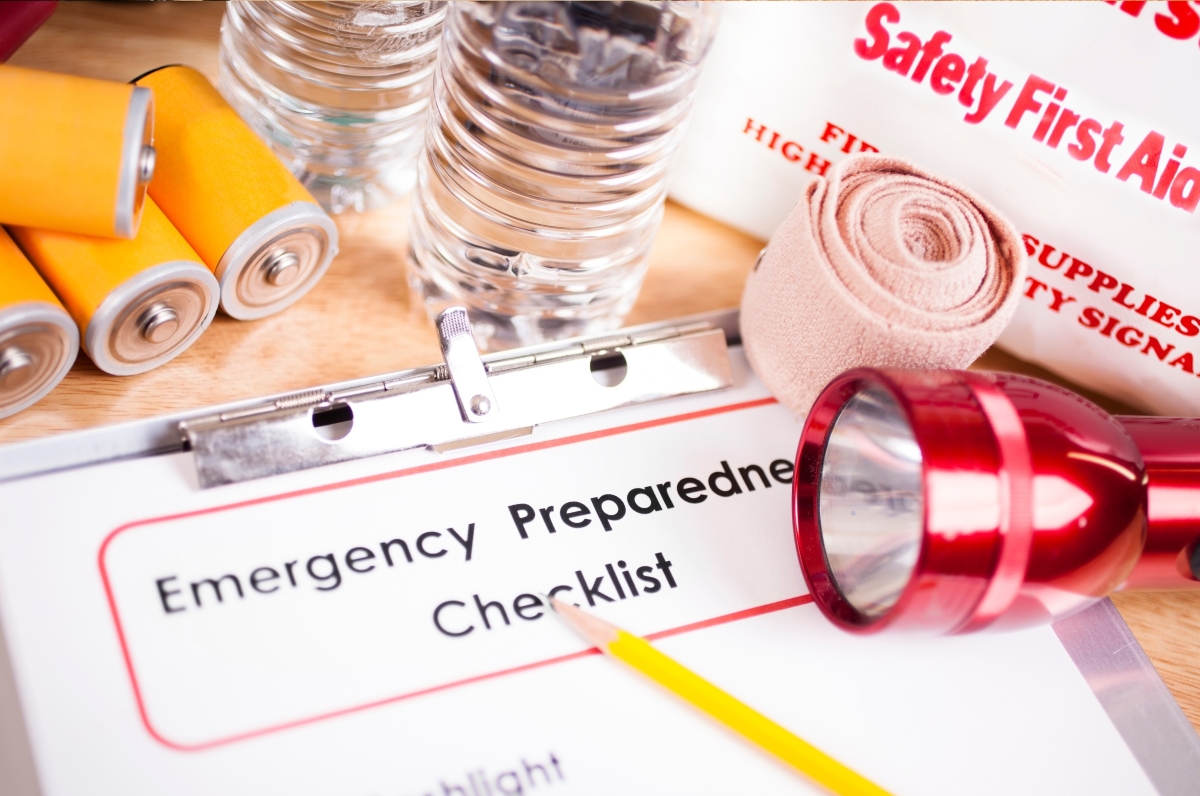
An emergency plan is not a one-time task but a living document that needs regular updates. Review and revise your plan at least once a year or whenever there are changes in your health, living situation, or contact information. Practice your emergency procedures to ensure you are familiar with them and can execute them effectively.
7. Consider Legal and Financial Preparedness

In addition to physical preparations, ensure that you have addressed legal and financial aspects of emergency planning:
- Legal Documents: Important legal documents, such as a living will, power of attorney, and healthcare proxy, should be readily accessible. These documents can guide your wishes and help ensure your preferences are respected during emergencies.
- Financial Records: Keep a record of important financial documents, including insurance policies, bank account information, and other critical financial information. Store these documents in a secure but accessible place.
Conclusion
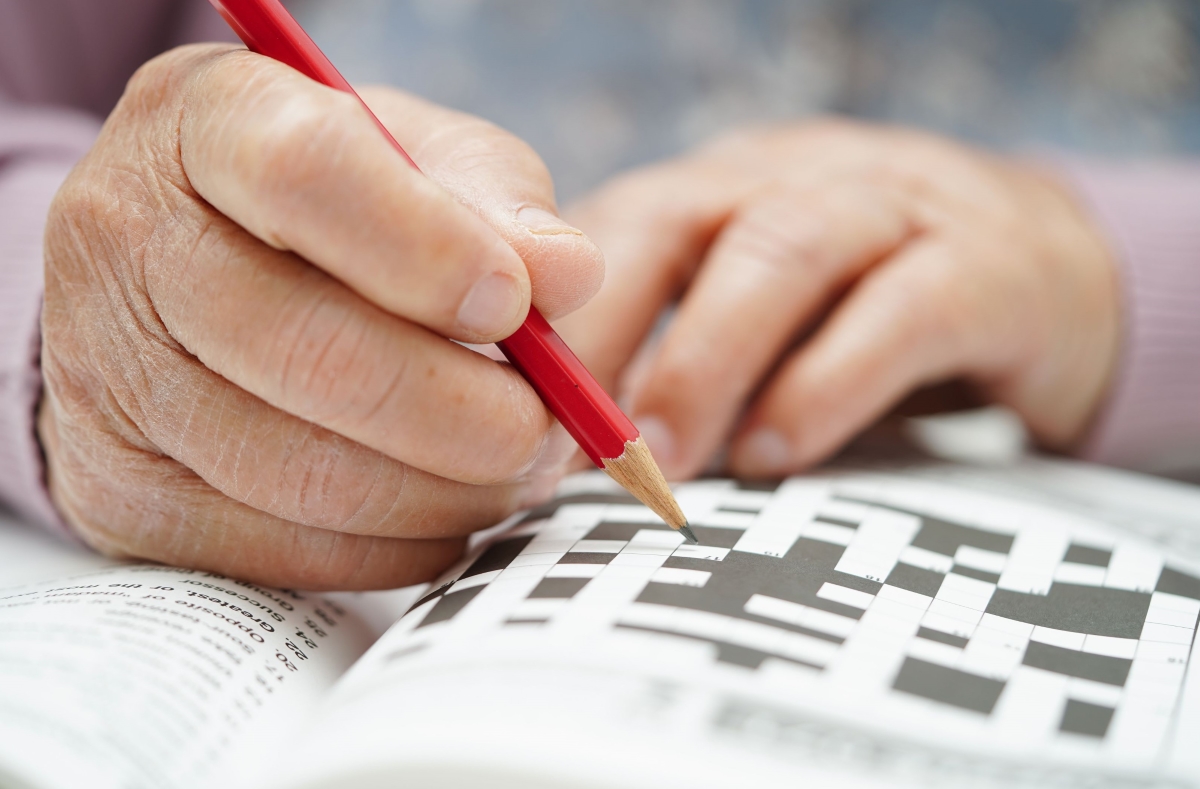
Preparing for the unexpected can seem overwhelming, but taking proactive steps can significantly ease the burden of emergencies. You can enhance your safety and confidence by creating a personal emergency plan, preparing your home, building a support network, staying informed, and addressing specific emergency scenarios. Regularly reviewing and updating your plan ensures that you remain prepared for whatever life may bring.
Remember, the key to effective emergency planning is preparation and awareness. By staying informed and taking thoughtful steps, you can protect yourself and your loved ones and ensure that you are ready to face any challenge that comes your way.





